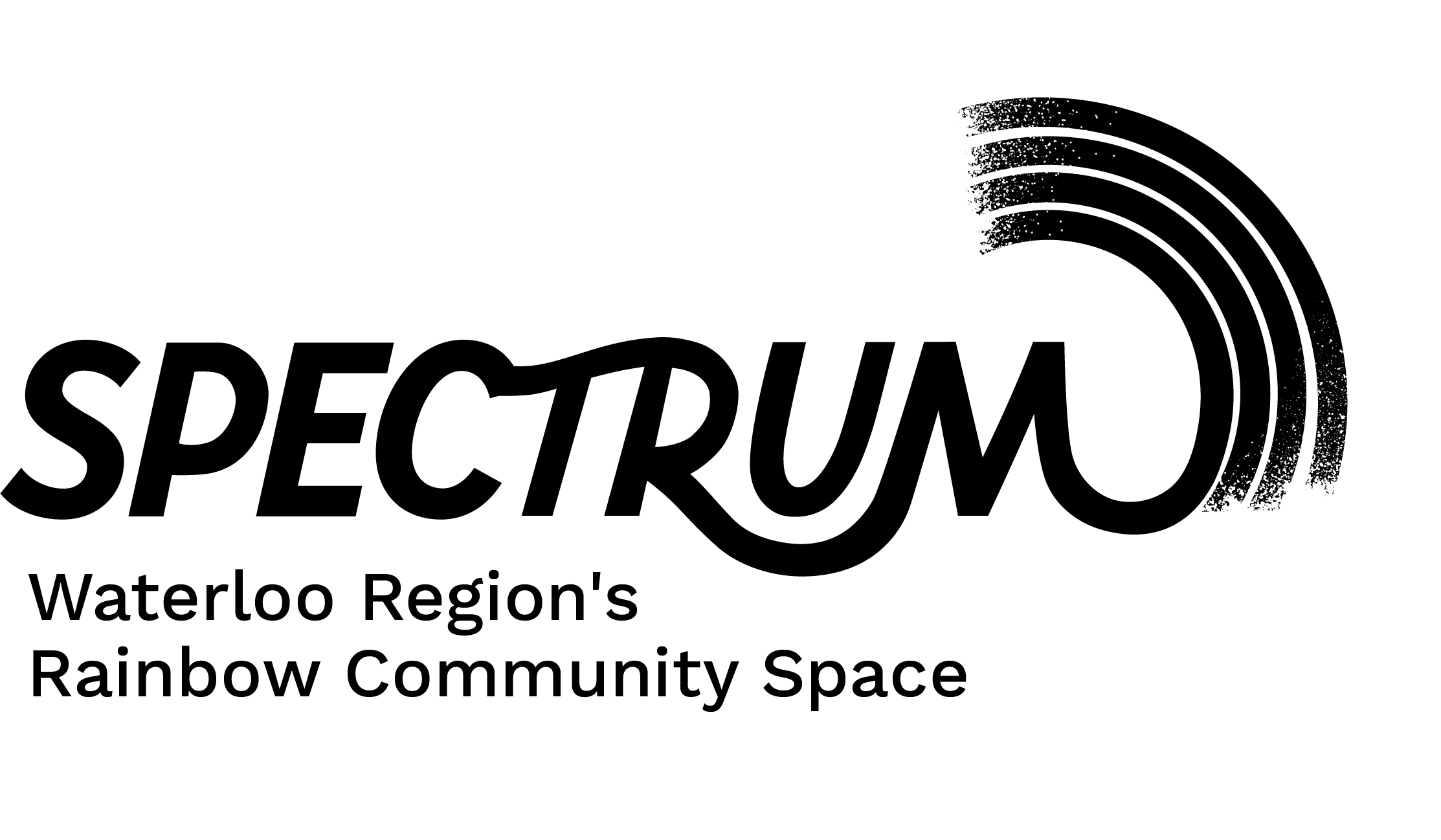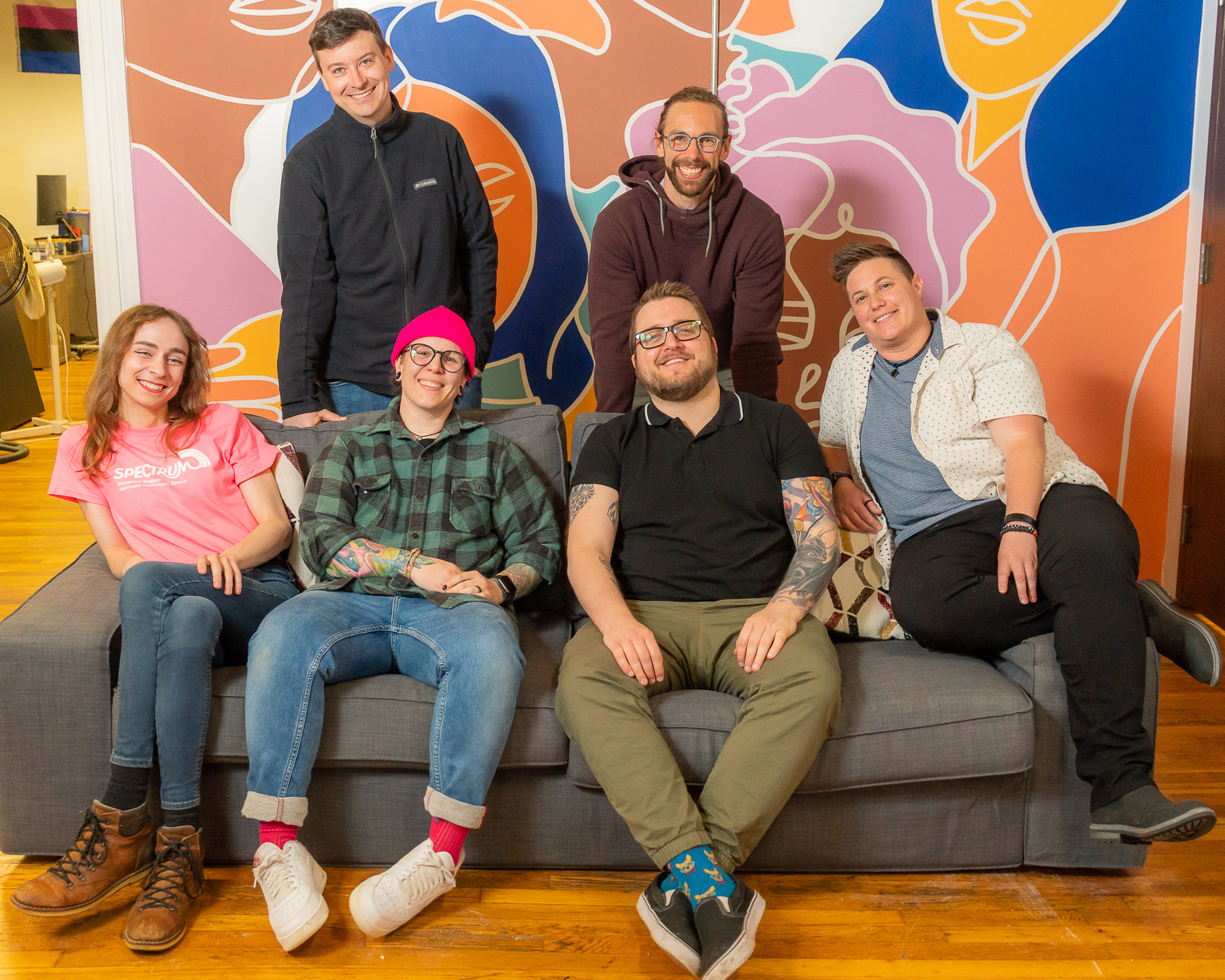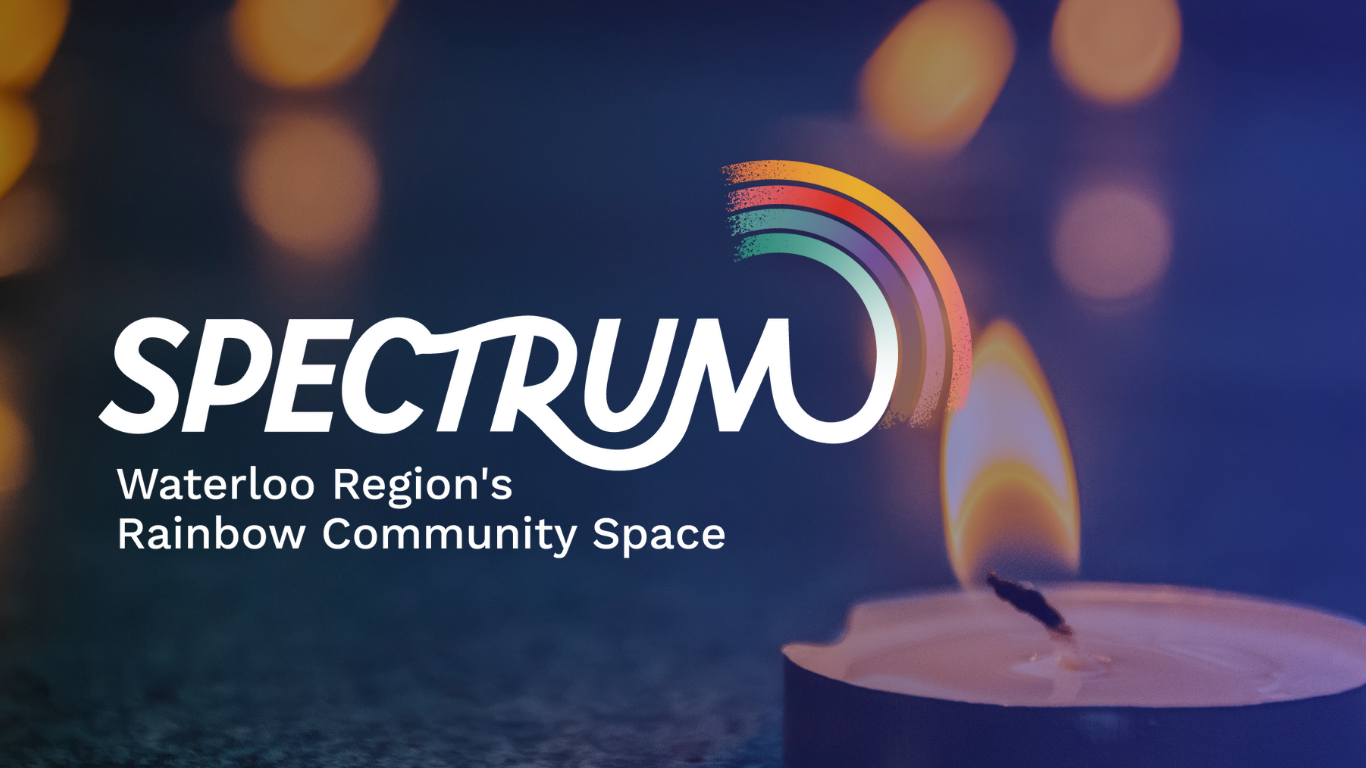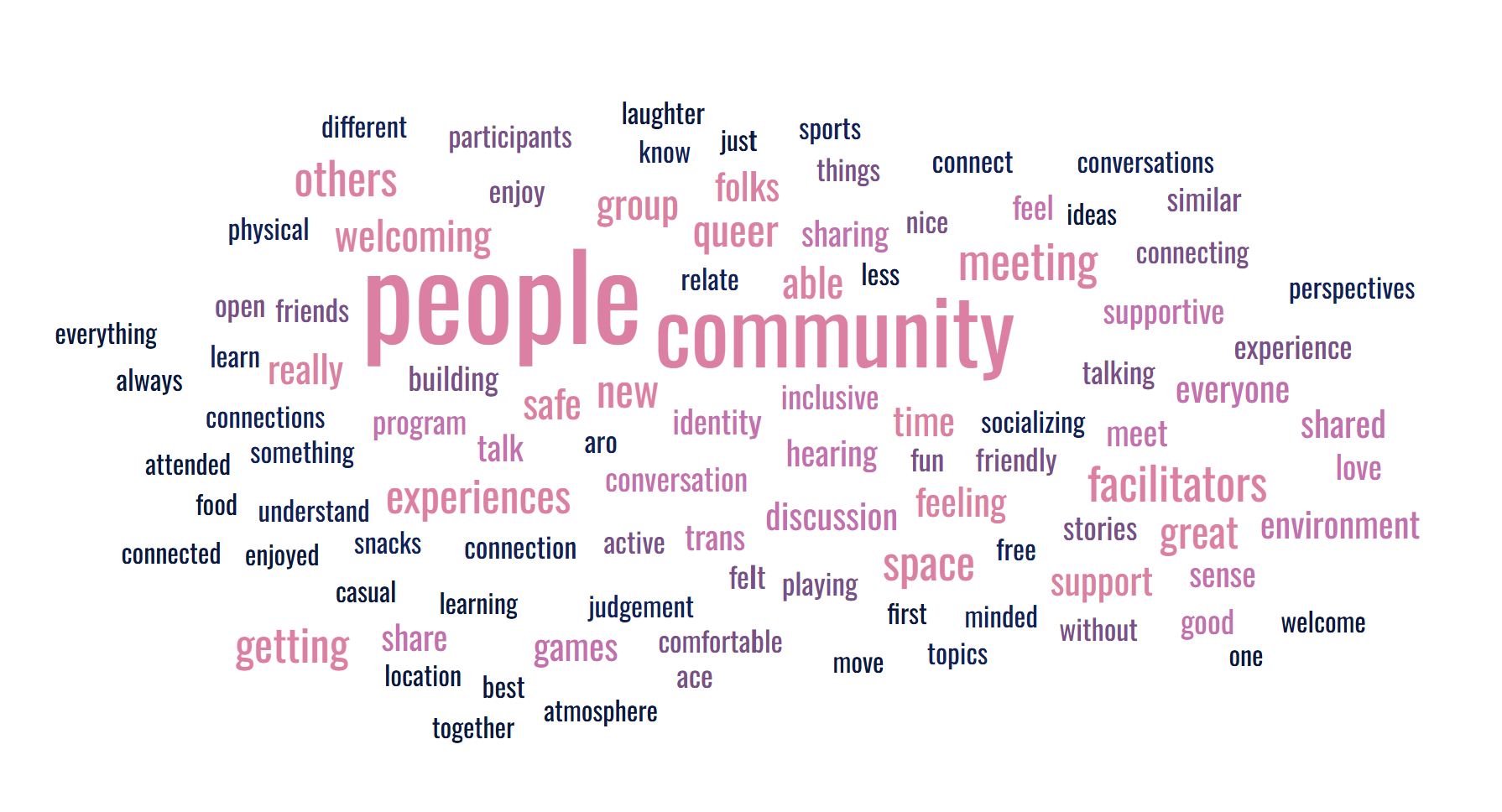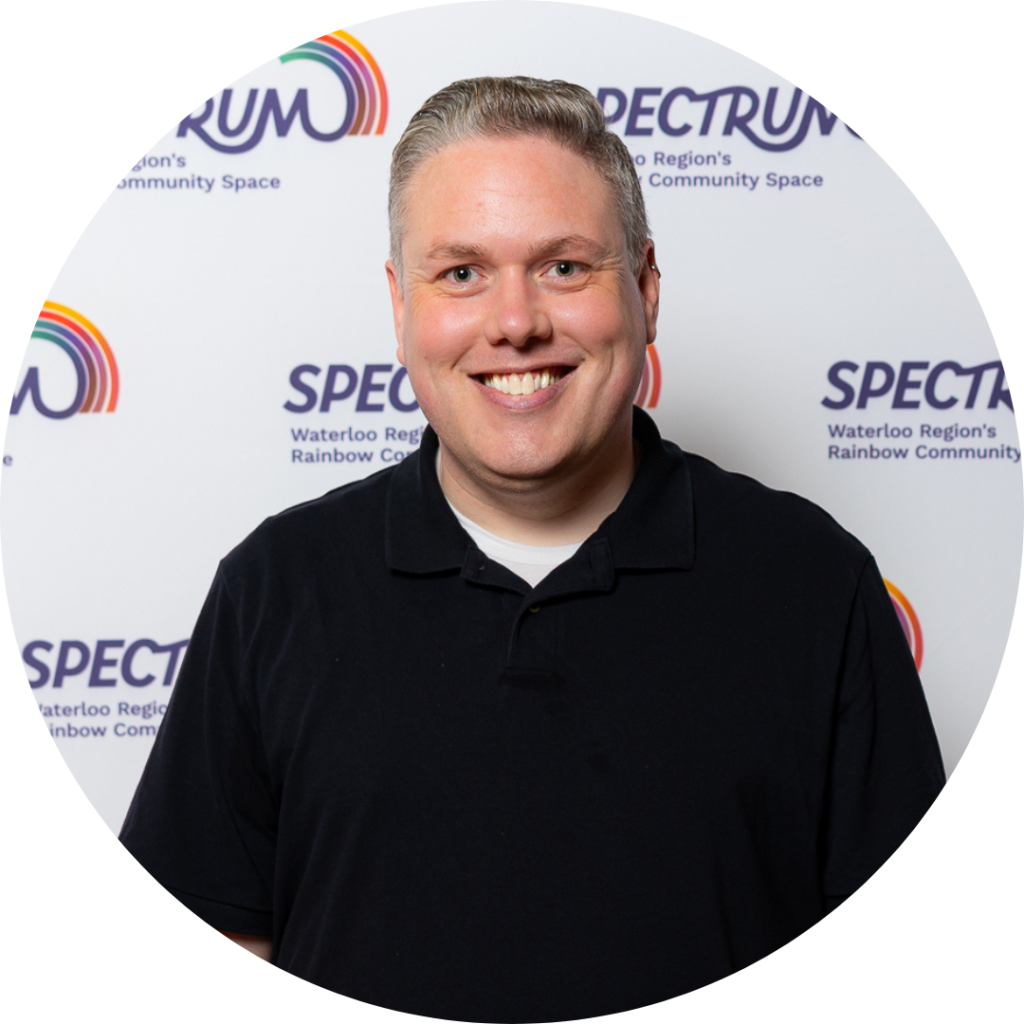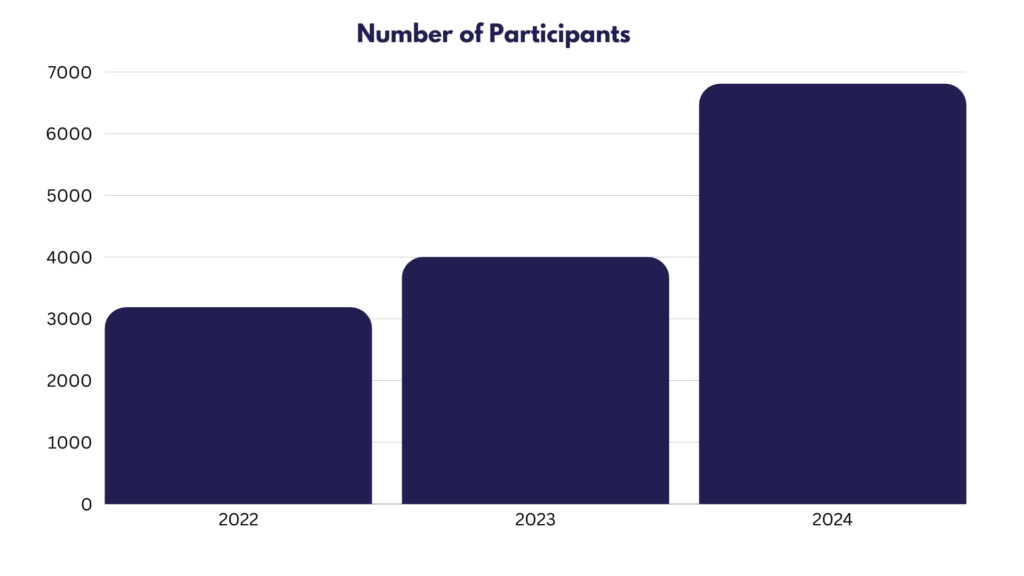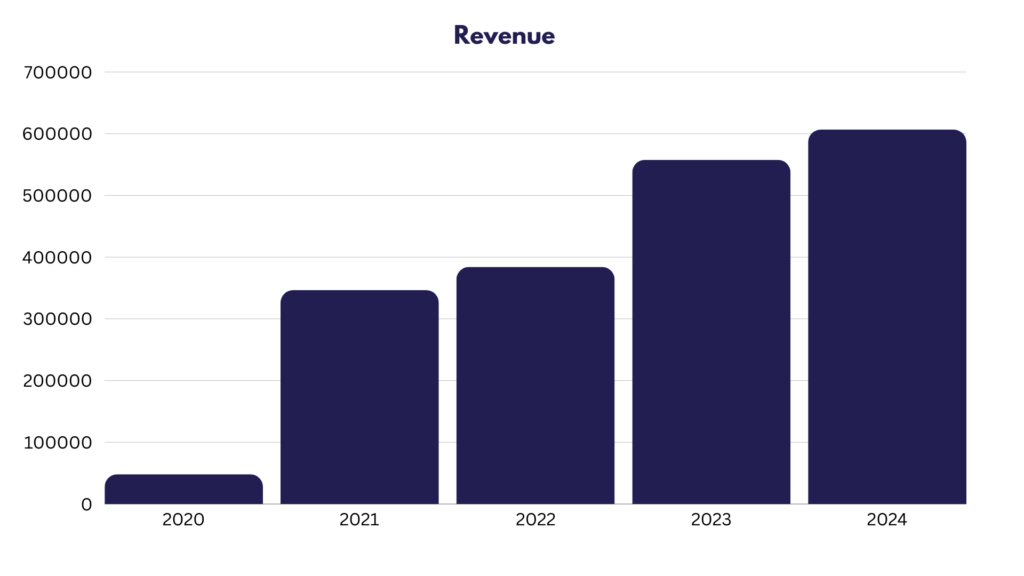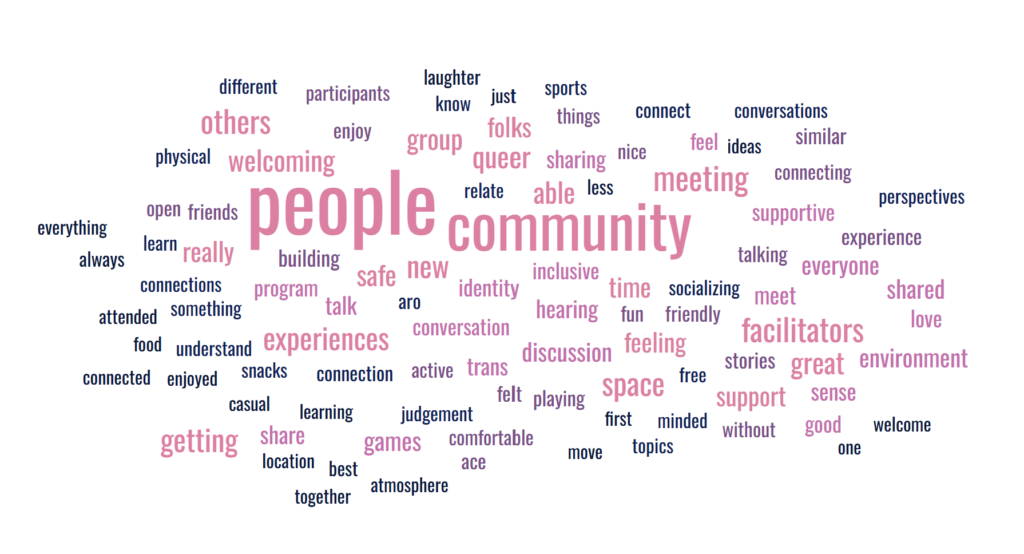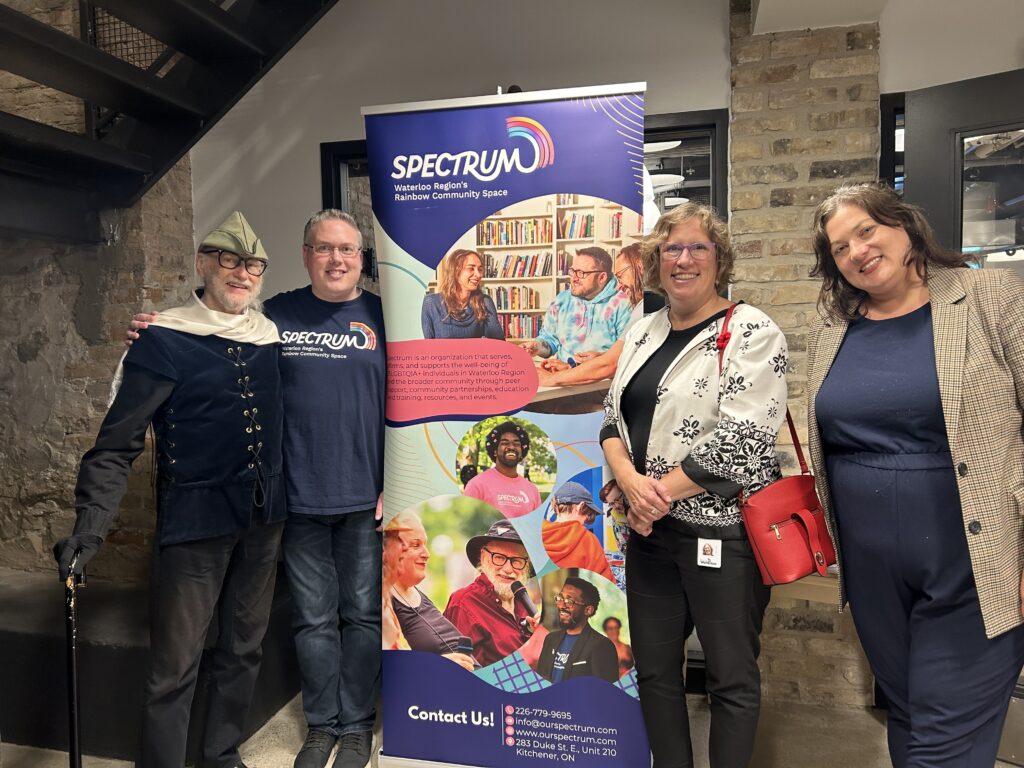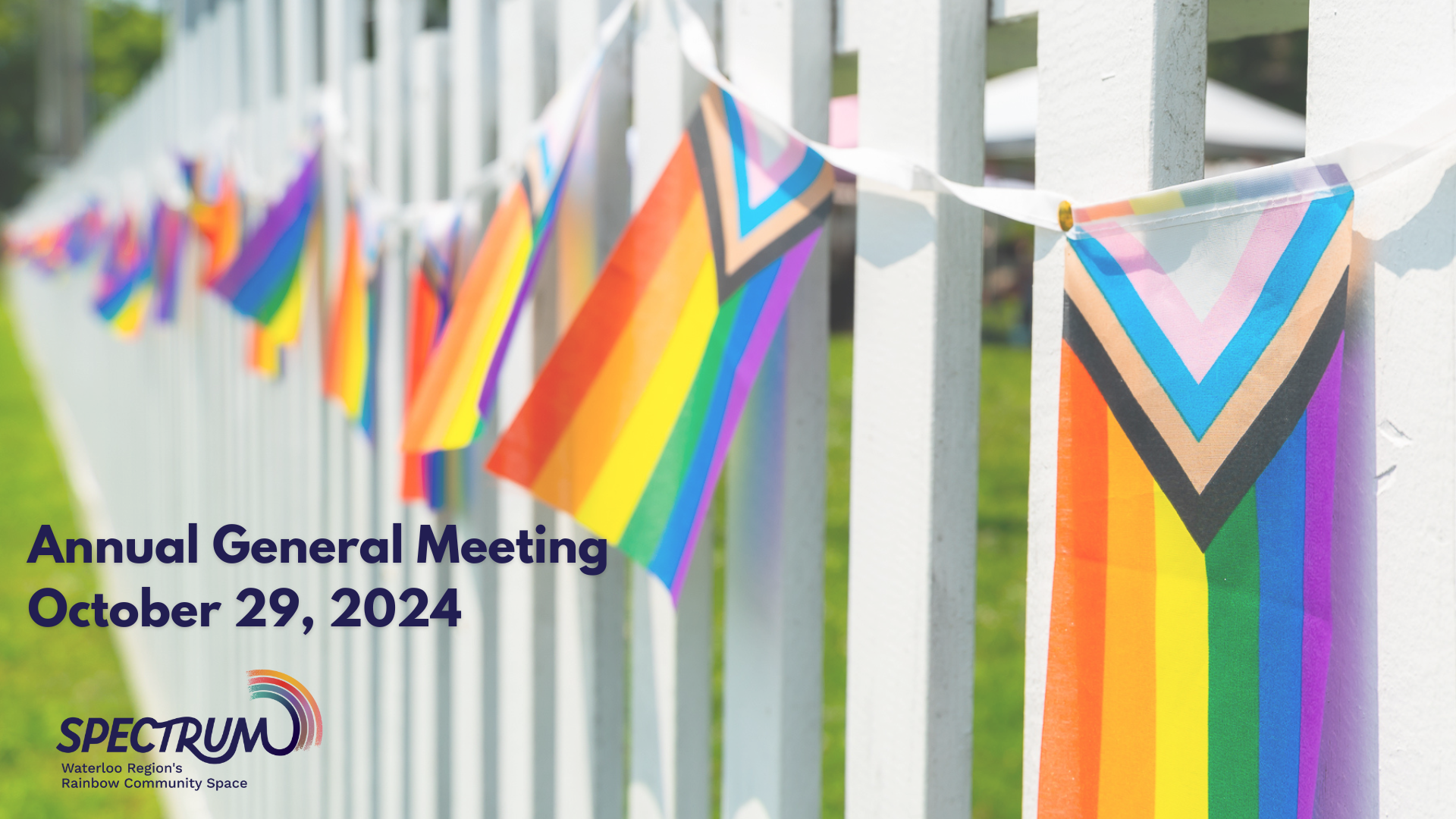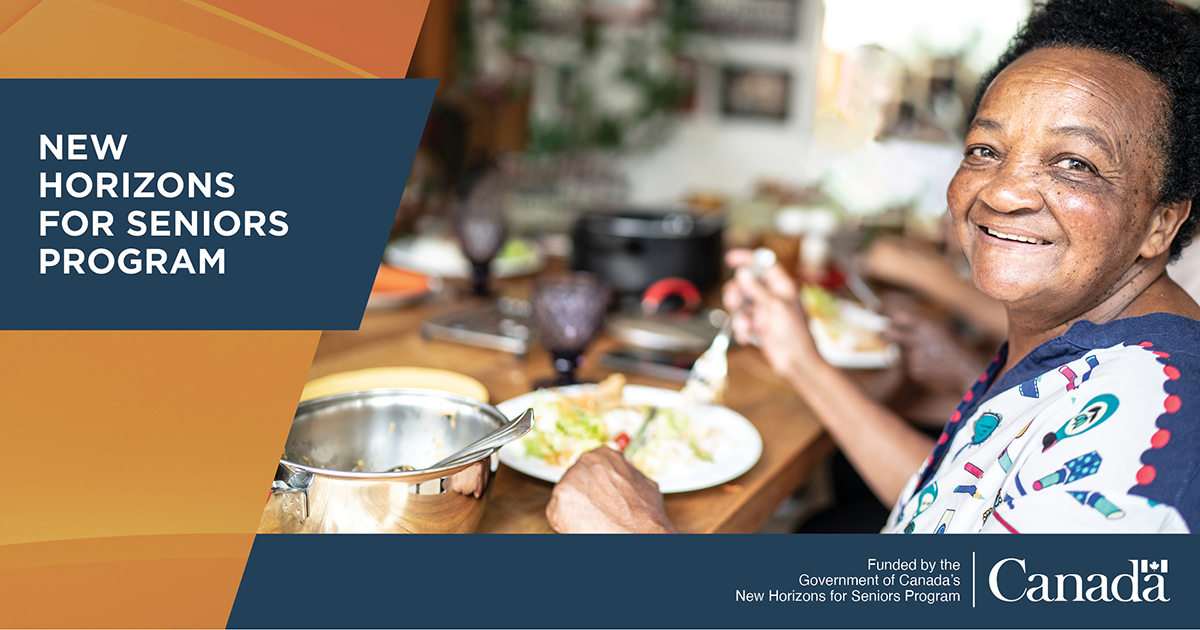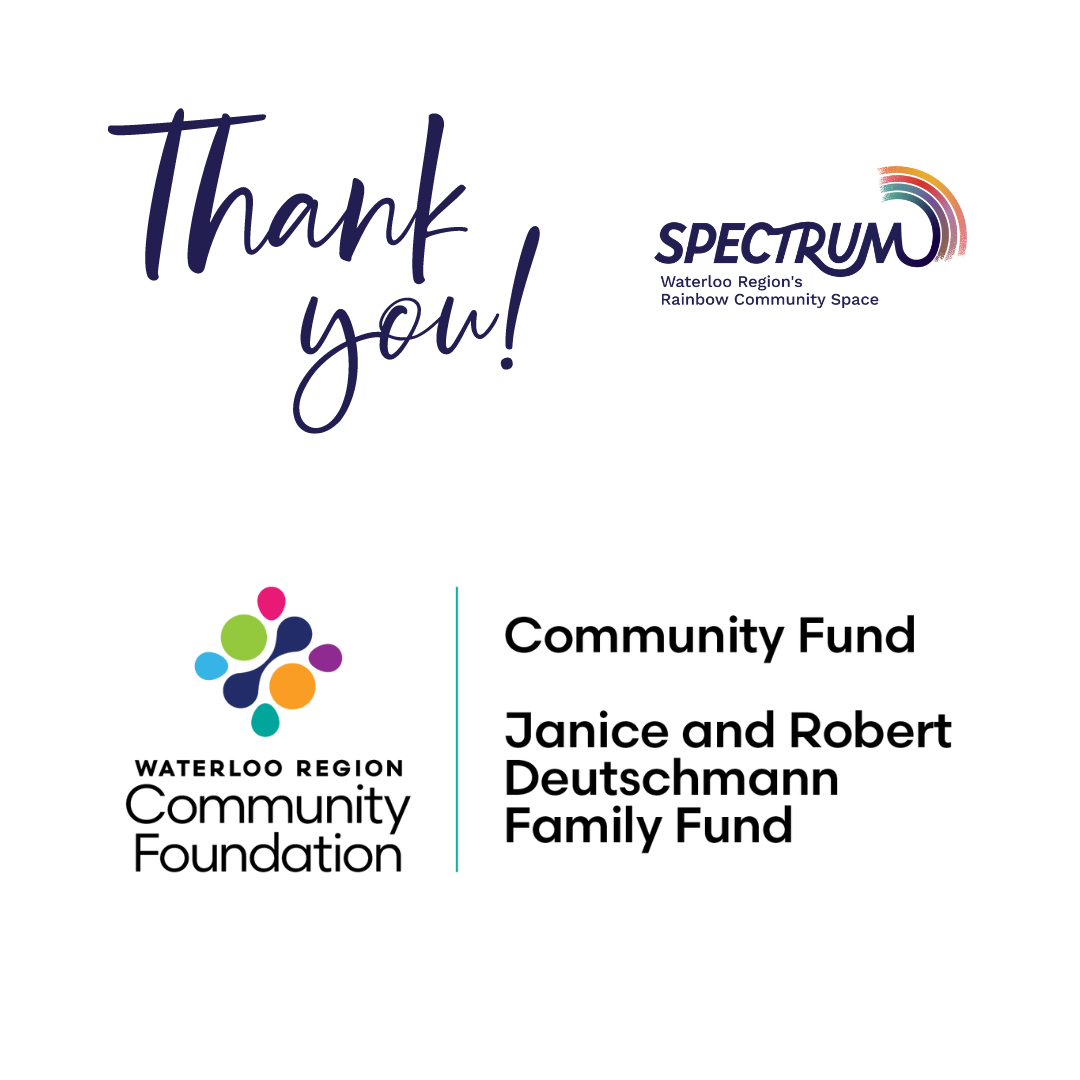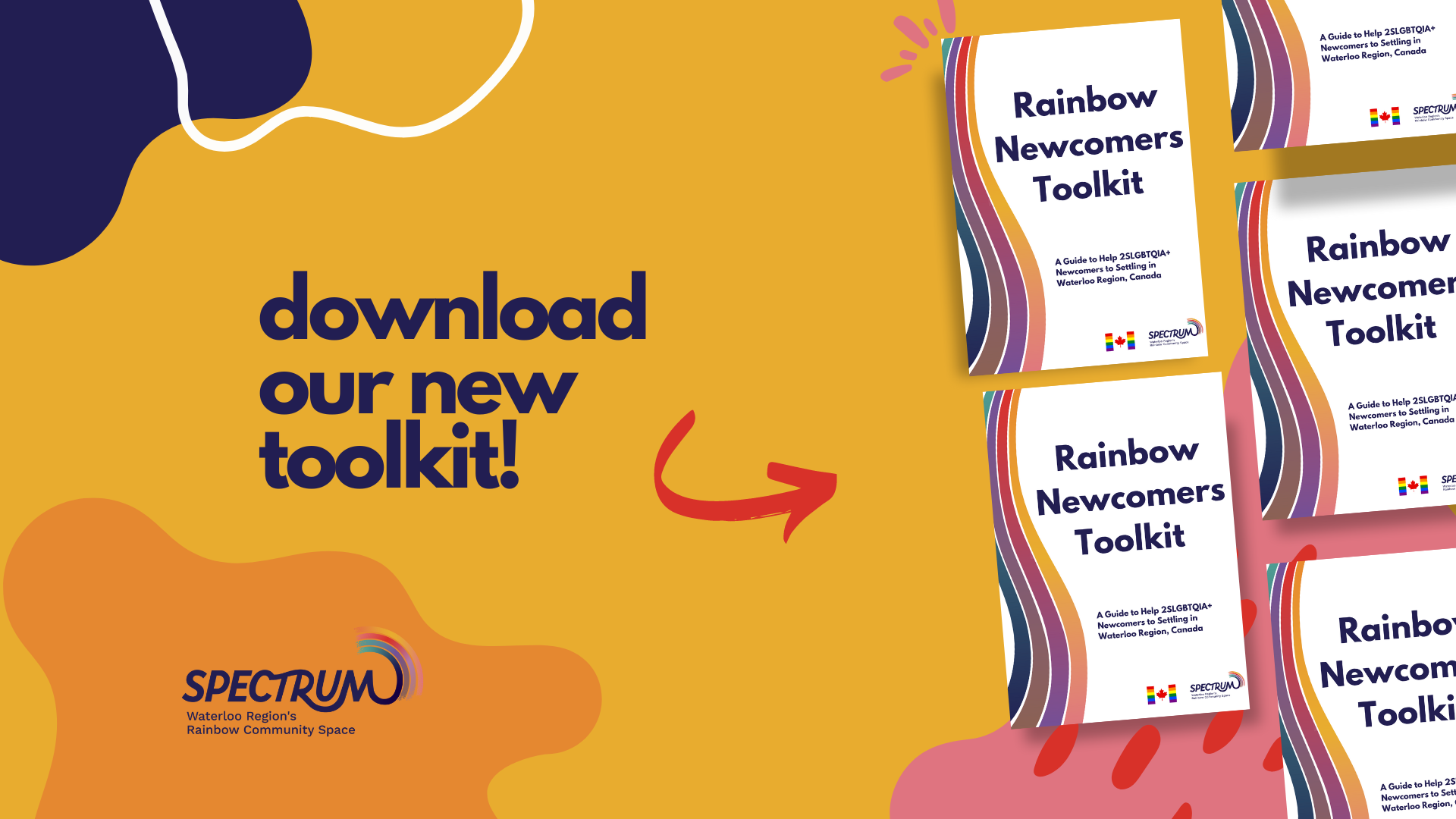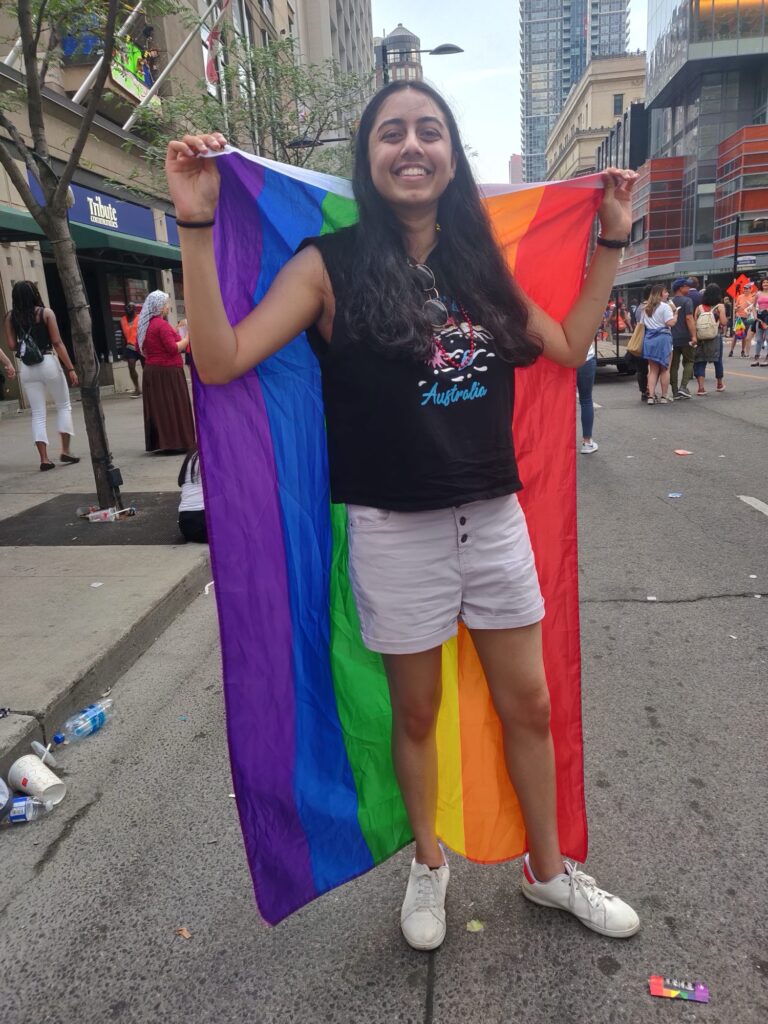On November 20th from 6:30 – 8:30 PM, Spectrum will be hosting a candlelight vigil at Waterloo Town Square (75 King St. S.), to honor transgender lives lost. This event is open to the public. Please read more about the event below.
Agenda
6:30: Candle lighting / settling in the space
6:40: Welcoming drum song / thanksgiving address from Willow River Centre
6:50: Land Acknowledgement
6:55: Introduction / moment of silence
7:00 – 8:00: Main Speakers
8:00 – 8:25: Open microphone for the public to honor their loved ones
8:25 – 8:30: Closing / second moment of silence
Keep in mind this agenda is fluid, and depending on the length of speakers the evening may end earlier than 8:30 PM.
Location
Parking: There is a lot of parking options around Waterloo Public Square. The closest parking lots are on Caroline St., behind the LCBO. There is also a parking lot on the corner of Caroline St. and Erb St.
Public Transit: If you’re taking the bus, the #5 bus will take you directly to King / Waterloo Public Square. If you’re taking the light rail, there is a stop called Waterloo Public Square Station.
Accessibility: Public square is a wheelchair accessible spot. It also offers stone steps that will allow people to sit if needed. However, we do suggest bringing a towel, blanket, or pillow, as the stone can sometimes be cold or uncomfortable for long periods.
Bathrooms: There are gendered bathrooms inside of the Shops behind the Public Square. The Starbucks down King St. has a gender neutral bathroom, and there is the public outdoor bathroom which is fully accessible and gender neutral on King St./William St.
Outdoor Location: This event will only be called off if there is a severe weather advisory. While there will be tents for the resource tables and speakers, we suggest to come dressed for the weather. Be sure to dress warmly, as the nights are getting colder. The mall should be open, so you can step inside to warm up should you need to!
Resources: Candles will be provided all evening for this event. If you have a lighter, bring it along to speed up the process, but lighters will also be provided. We will also be serving warm drinks and baked goods, but you’re welcome to bring more, especially if you have dietary restrictions. Both OK2BME, ACCKWA, Spectrum, and SHORE Centre will have resource tables for you to learn more about mental health and peer support resources.
Things to Consider
Trigger Warning: Remembrance often goes hand-in-hand with current and real struggles we face. Please be aware that we may engage in topics that may be upsetting for some attendees, including discussions of violence and suicide. While we will have some peer support and mental health resources available, these can only provide a certain level of care. We suggest bringing a support person(s) or not attending if you think it would be too difficult to partake in the evening.
Fire Safety: This ceremony will have real candles and fire involved, so please be cautious with how you’re using your candle. Make sure to leave a lot of space with the people around you, and fully blow out your candle before disposing of it or taking it home with you. We will have a fire extinguisher on-site, but we hope not to have to use it if we’re all cautious of how we’re using our space. If you’re particularly adverse to fire, we will try to have a section for people with electric and other light sources to keep things relatively separate.
For any questions about the event, reach out at: info@ourspectrum.com
